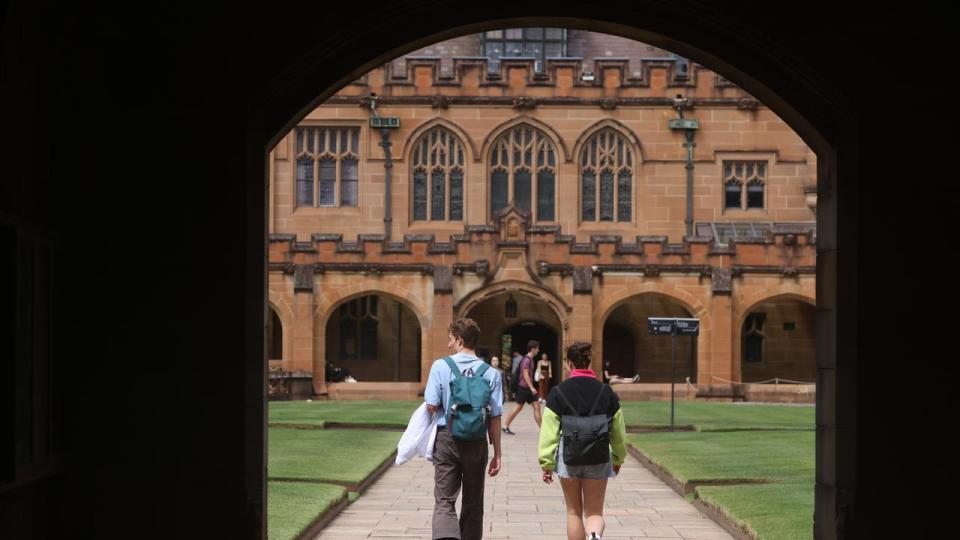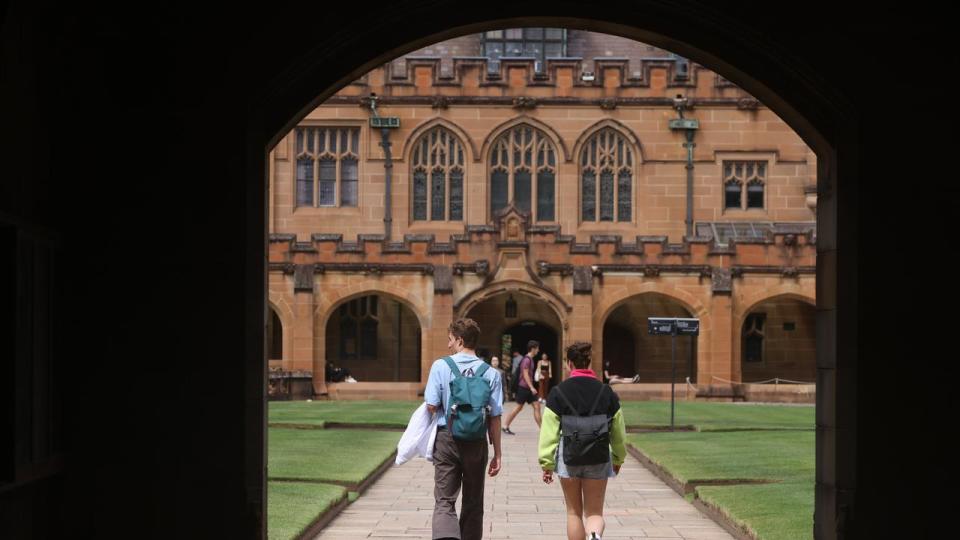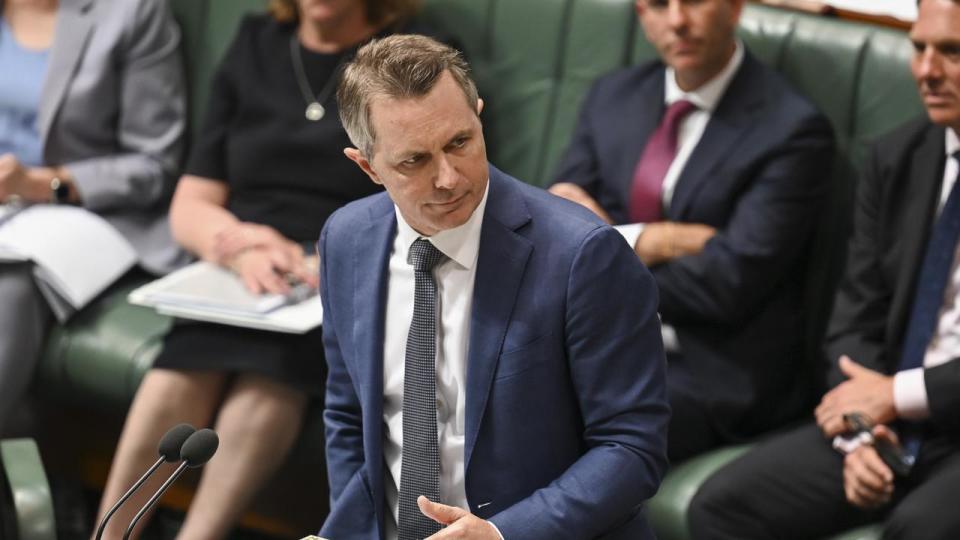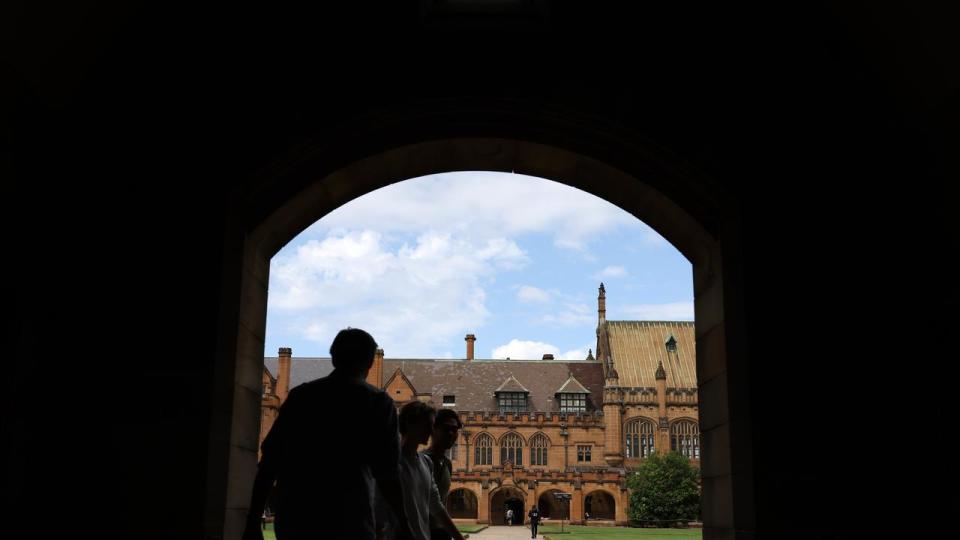Albo’s huge change for young Aussies

A major shake-up of the student loan scheme is being considered as the Albanese government finalises the next budget, after the biggest review of Australia’s higher education system in 15 years called for significant reforms.
The Universities Accord review, released on Sunday, has called on the federal government to double the number of university places by 2050, reduce the fees for certain subjects, and increase the country’s tertiary education attainment rate from 60 per cent to 80 per cent over the next 25 years.
The review, conducted by former NSW chief scientist Mary O’Kane has called for the need for “significant change”, warning that “small reforms … won’t be enough”.
Ms O’Kaine urged reforms to the HECS system to ease the impact high inflation has on repayments, and recommended the lending practice of banks be reviewed so one’s HECS debt does not factor into home loan borrowing capacity.

Education Minister Jason Clare said the government was considering the report’s 47 recommendations, including to make changes to the HELP scheme, formally known as HECS.
“The report says HECS has to be simpler and fairer,” he told ABC’s Insiders.
“Bruce Chapman, the architect of HECS has helped the panel with a recommendation which says there are ways to reduce upfront payments for people on lower incomes … for someone on an income of $75,000 would pay about $1000 less every year.
“Something that could provide people with immediate cost-of-living benefit once they finish uni and are in the workforce.”
The government will also consider the recommendation to tie indexation to the wage price index, rather than CPI.
Mr Clare said he would put a few proposals to the expenditure review committee but signalled the work needed to reform the higher education system for the future would take years.
“We can’t do all of this right away. This is bigger than one budget, but we do need to get started now to build the foundations for long-term reform,” he said.
“I hope (there will be something in the budget).”

The review outlines “ambitious” targets including increasing the proportion of university educated Australians aged 25 to 34 from 45 per cent to 55 per cent by 2050, and the broader tertiary education attainment rate from the current 60 per cent to 80 per cent by mid-century.
To achieve this increase, the government would need to double the number of Commonwealth-supported students at university from 860,000 to 1.8 million by 2050, the review sets out.
It will mean a push for more Indigenous students, students from regional and poorer backgrounds to attend university.

Other recommendations set out how to better support students as they study, including a “jobs broker” to help students find part-time work and work experience, increased availability of fee-free preparation courses.
Financial support for compulsory work placements, more accessible income support, and ditching the “job-ready graduates scheme” which made arts degrees so expensive in favour of courses based on students’ lifetime earnings was also recommended.
In terms of international students, the review called for less reliance on a handful of source countries and recommended more international students study at regional campuses.
The panel recommended the government set out new targets for how much Australia spends on funding and development as a proportion of GDP, and to set up a fund to support universities to solve big challenges facing the country.
It recommended a new “needs based” funding system to provide extra money to universities educating students from disadvantaged backgrounds.
Prime Minister Anthony Albanese said reforming the higher education sector was crucial to preparing Australia for the future.
“We need to plan for the jobs of the future, which means giving (people) the skills and knowledge they need,” he told Channel 9.
“We’re focused on more Australians getting university or TAFE qualifications to fill jobs, drive the economy, and provide a good quality of life.
“It’s really important we back education, which my government is doing.”

 Yahoo Finance
Yahoo Finance 